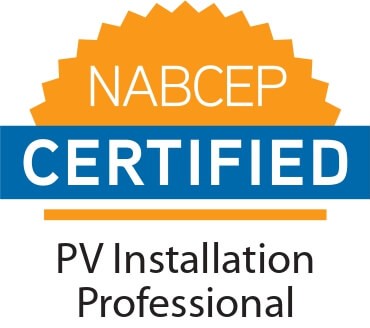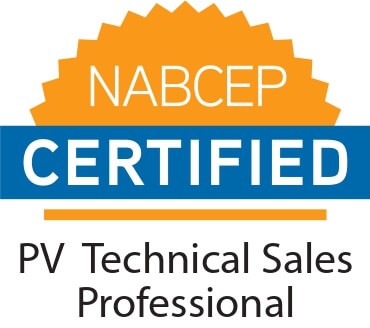There’s only one reason I can think of why anybody would take on the serious safety and long-term production risks of having an inexperienced installation company, or one using a group of trainees, install their solar system. That reason is, they may not know what to ask about, besides price. And when safety and structural integrity are on the line, cheaper isn’t better.
ribstol elan
bundy kilpi damske
skrue kasse
suchemuryesklep.pl
suchemuryesklep.pl
mads nørgaard taske
wiener-bronzen.com
bundy kilpi damske
pánský náhrdelník kůže zub
pánský náhrdelník kůže zub
modré sandály na podpatku
skrue kasse
ribstol elan
beckmann 12l
Most non-micro solar systems operate at very high DC current flow and voltages (some as high as 1000 volts DC). Adding batteries takes the installation to a whole other level of complexity. The design and safety issues involved are real and not, in my opinion, a good place for a class project or on-the-job training at the homeowner’s peril.
And while a master electrician license requires knowledge and experience, the license alone doesn’t make someone truly qualified to design and install solar systems. There’s lots more to it than what’s covered in the National Electric Code book or the master test. (I’m sure of that because we have two master electricians on our team, and I’m very familiar with every edition of the NEC Book published since 2005.)
That’s only one part of a solar installation project – and the reason most authorities having jurisdiction (AHJs) require a building permit as well as an electrical permit.
So in addition to pricing, licenses and components, you should also ask potential installers about track record, references from previous projects, solar experience and certifications.
Probably the best question you can ask is whether someone who’ll be working on your installation has earned North American Board of Certified Energy Practitioners certifications. Their PV (PhotoVoltaic) Technical Sales and PV Installer certifications are tough to get. That’s because NABCEP is the only organization that tests for and credentials every aspect of grid-tied, off-grid and battery backup solar installations – design, mechanical issues, electrical issues, optimized production issues, installation and maintenance. (Please don’t confuse this with NABCEP’s Associate certification, which is an entry-level program; Associates must work under a senior installer, hopefully with full NABCEP certification.) You can check which, if any, NABCEP certifications an installer holds here.




